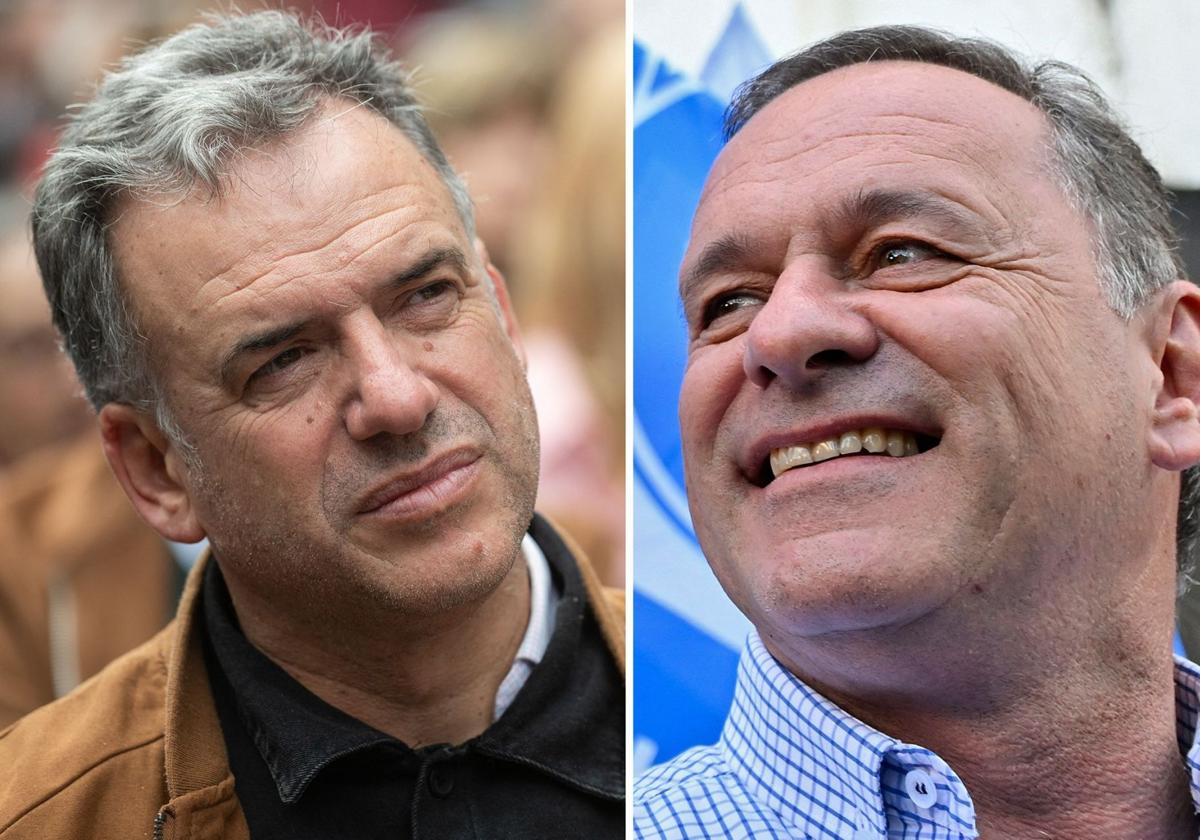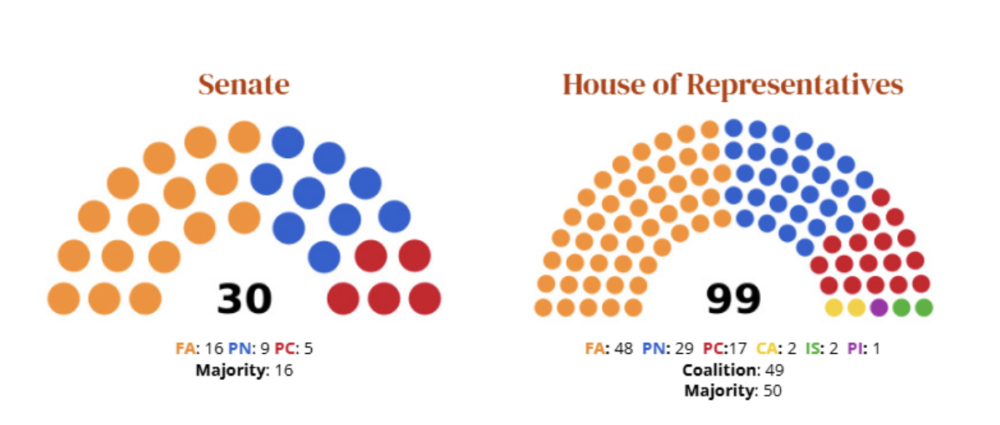Orsi and Delgado Vie for the Presidency in a Tight Race

This Sunday, Uruguay will vote to choose its next president. The race will be decided between Yamandú Orsi of the opposition Frente Amplio and Álvaro Delgado of the ruling Partido Nacional, who seeks to replicate Lacalle Pou’s 2019 victory by relaunching the Coalición Republicana with other parties from the current government that are not part of the election (mainly Partido Colorado and Cabildo Abierto). According to available polls, the race is tight, with a slight 3.5% advantage for the opposition. The new president will need to work with the composition of both chambers of Congress, determined on October 27, with an advantage for Frente Amplio in the Senate and no majority for any party in the House of Representatives. The outcome will depend on factors such as the behavior of voters from the parties in the Coalición Republicana, particularly Partido Colorado, and the undecided voters. The next president will take office on March 1, 2025.
All polls show a slight advantage for Yamandú Orsi, with 45.5% of voter intent compared to 42% for Álvaro Delgado. This narrow margin leaves the contest open, with either candidate able to win the presidency. In this final stage of the campaign, both have adopted a centrist approach to attract new voters, gaining support from figures in other political groups. However, neither has secured the backing of Identidad Soberana, a key party in the upcoming Congress. While Orsi must appeal to undecided voters and the center, Delgado faces the additional challenge of not only winning those voters but also retaining support from those who backed other parties in the Coalition.
The new Congress

The composition of Congress has been determined for whichever candidate wins the presidency. The Frente Amplio holds an advantage in the Senate, where it will have a majority. However, in the House of Representatives, no party will have an absolute majority, meaning the next president will need to work on consensus-based bills and build agreements to move their agenda forward. In this context, the role of the smaller parties will be crucial: Will the Partido Independiente and Cabildo Abierto maintain the unity of the current ruling coalition, even if they must act as the opposition? What will happen with the two deputies from Identidad Soberana? Gustavo Salle, leader of the bloc, has already stated that they will be key to the next government’s agenda.
